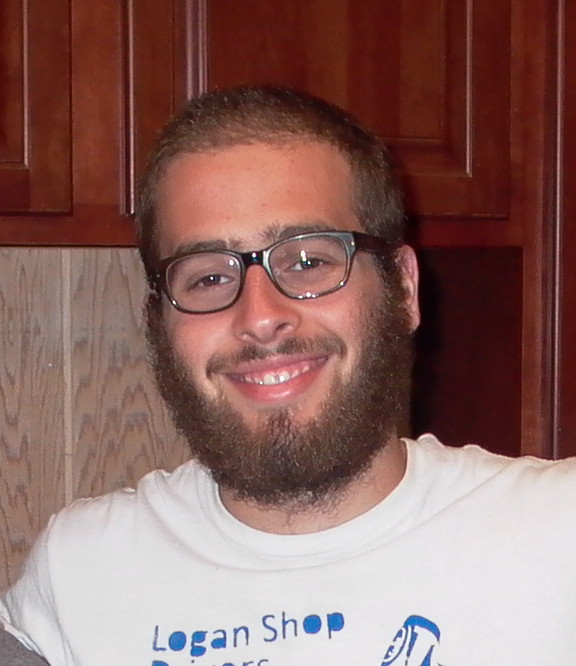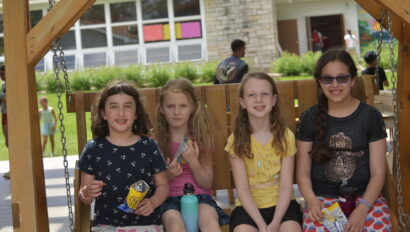Please enjoy a D’var Torah this week from Ari Feldman, Rosh Atzmayim 2015. Ari is a senior at the University of Chicago, where he is majoring in history. He’s originally from St. Paul, MN, and is a lifelong Ramahnik. Summer 2015 was Ari’s fourth summer on staff, and fourth year working with the Tikvah and Atzmayim programs. Reflections on Parashat Va’eira by Ari Feldman
Why fight fire with fire?
Like so many others, I had to learn as a young adult in one of my first jobs that when my campers were being, well, kids, what felt in the moment to be the right response was not always the proper way to go. Best practices, I found and learned from the senior staff, are to wait it out, divert attention cleverly to a counselor who is funnier and more popular than you are, or use one of those “If you can hear me…” games.
Besides the inevitability of children or teenagers hopped up on a big win on the basketball court, a recent trip to the local chatif (snack) station, or just your run-of-the-mill boys’ rowdiness getting the better of me, there is another great reason to take the path of lesser, or more effective, resistance: the chance to connect as peers, with warmth, and not as antagonists. Those best practices build partnership between the staff and the chanichim (campers), especially when you have a super clever riddle, cherished treat, or awesome game to serve as an incentive for falling back into line.
No counselor ever lost his or her cool as badly as God does against the Egyptians. The systematic horror of the Ten Plagues, the first seven of which appear in this week’s parashah (Torah reading), Va’eira, seems to me a prime example of what not to do when negotiating a change in conduct, even in the event of a complete loss of patience with the process. Every year during the week of Parashat Va’eira, and again at Pesach (Passover), I ask myself, “Did God really get it so wrong?”
A voice pops into my head to answer the question: “Look, Ari, we are dealing with the God of the Tanakh (Hebrew Bible) here – a fully-realized character prone much more to human moods and actions than the God many of us consider.”
True enough, I think.
“And you have to remember,” the voice continues, “The Egyptians enslaved our people wholesale. Isn’t that enough to provoke retribution from God who promised them land and success?”
Yes, obviously, I reply.
“So what’s the problem?”
Somewhere deep down inside, I wish that God, as presented in the Exodus narrative were more of the positive role model to which I could aspire, both in my roles at camp and my daily life. The destruction that God unleashes on Egypt seems to be repaid, slowly, by the Israelites themselves during their torturous wanderings through the desert in the book of Bemidbar (Numbers). If the triumph comes at a cost – the merciless, maybe even deserved – punishment of the Egyptians, then what is the lesson we are to learn?
The moral I hope to salvage from this troubling narrative of the Ten Plagues is the conviction that the birth pangs of freedom should never, ever have to be so cataclysmic; that pain does indeed beget pain. What kind of freedom can we hope to claim if it is taken from the hands of a drowning king?
Still, many of us have been in God’s shoes, even if the stakes were (blessedly) much lower than the existence of an entire nation-state. I have lost my cool with my campers. I have seen others lose theirs. It happens on occasion. Every time it happens, the hope is that it can be a learning experience: not a dead end, but a way forward. Luckily, it almost always is. The chanichim (campers), in their infinite wisdom, tend to give us a second chance.
Camp Ramah in Wisconsin represents the art of the second chance. It’s not a lesson, unfortunately, I feel we can learn from the depiction of God in the Exodus story; it’s something we learn, perhaps, much later on. Fighting fire with fire usually doesn’t work. Sometimes I wonder: could God have been effective with “If you can hear me clap once, if you can hear me clap twice…?”






